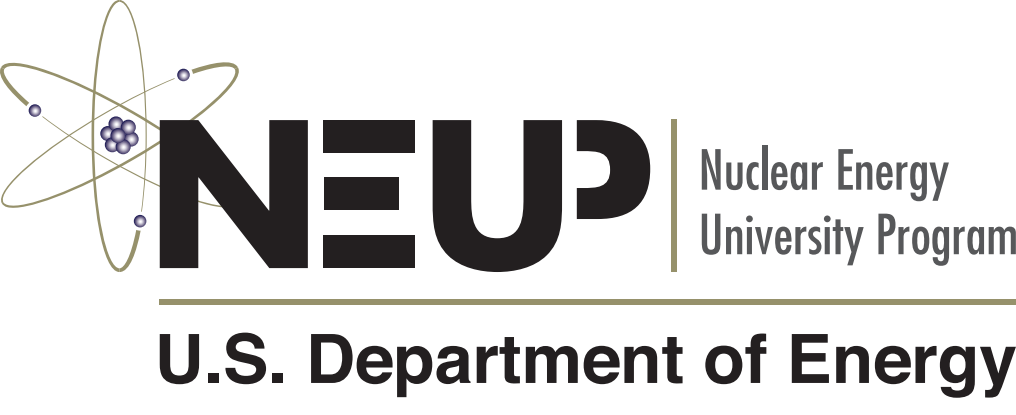FY 2021 Nuclear Science User Facilities AwardsDOE has selected one industry, two DOE National Laboratories, and one university-led project that will take advantage of NSUF capabilities to investigate important nuclear fuel and material applications. DOE will support three of these projects with a total of $1.2 million in research funds. All four of these projects will be supported by more than $3.9 million in facility access costs and expertise for experimental neutron and ion irradiation testing, post-irradiation examination facilities, synchrotron beamline capabilities, and technical assistance for design and analysis of experiments through NSUF.
A complete list of NSUF projects with their associated abstracts is available below.
*Actual project funding will be established during the award negotiation phase.

